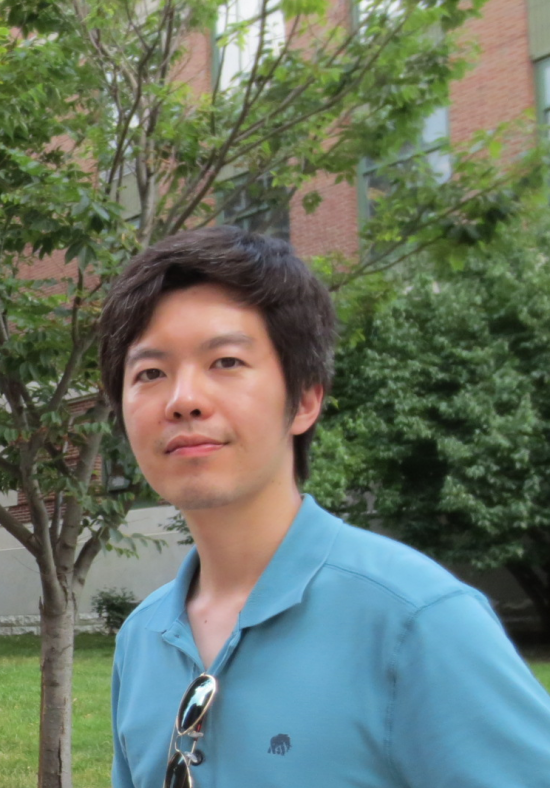
Dissertation Defense
Integrated Circuit Design for Radiation Sensing and Hardening
Add to Google Calendar

Beyond the 1950s, integrated circuits have been widely used in a number of electronic devices surrounding people's lives. In addition to computing electronics, scientific and medical equipment have also been undergone a metamorphosis, especially in radiation related fields where compact and precision radiation detection systems are required for nuclear power plants, positron emission tomography (PET), and security purposes. Besides, radiation hardened by design (RHBD) is demanded for circuits fabricated in advanced manufacturing technologies, being exposed to the non-negligible probability of soft errors by radiation impact events. The integrated circuit design for radiation measurement equipment not only leads to numerous advantages on size and power consumption, but also raises many challenges regarding the speed and noise to replace conventional design modalities. This thesis presents solutions to front-end receiver designs for radiation sensors as well as an error detection and correction method to microprocessor designs under the condition of soft error occurrence.
For the first preamplifier design, a novel technique that enhances the bandwidth and suppresses the input current noise by using two inductors is discussed. With the dual-inductor TIA signal processing configuration, one can reduce the fabrication cost, the area overhead, and the power consumption in a fast readout package. The second front-end receiver is a novel detector capacitance compensation technique by using the Miller effect. The fabricated CSA exhibits minimal variation in the pulse shape as the detector capacitance is increased. Lastly, a modified D flip-flop is discussed that is called Razor-Lite using charge-sharing at internal nodes to provide a compact EDAC design for modern well-balanced processors and RHBD against soft errors by SEE.
 MENU
MENU 
